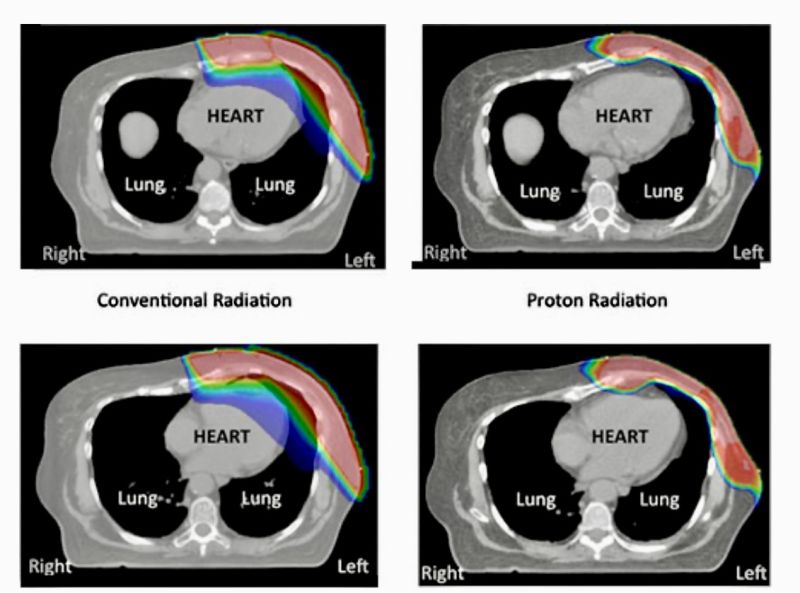Kefah Mokbel, Professor of Medicine (Honorary) at Cardiff University School of Medicine, shared a post on LinkedIn:
“Proton vs Photon Therapy in Breast Cancer: First Randomized Data from RADCOMP
At the 67th Annual Meeting of ASTRO in San Francisco, Dr. Shannon MacDonald presented the first randomized phase III trial (RADCOMP) comparing proton vs. photon radiotherapy in non-metastatic breast cancer receiving comprehensive nodal irradiation.
Key takeaway: Health-related quality of life (HRQOL) outcomes at 6 months were excellent and largely similar between proton and photon arms.
- Small differences favored protons (e.g., shortness of breath, patient willingness to recommend/rechoose treatment).
- The trial’s primary endpoints — loco-regional control and major cardiac events — are still awaited.
What do these findings mean for clinical practice?
This landmark study shows that protons are safe and well tolerated, but the real question remains whether they translate into long-term reductions in cardiac events and improved cancer outcomes. Until those results mature, proton therapy should be viewed as promising but not yet practice-changing for most patients outside select high-risk groups.
Proton therapy in breast cancer is currently reserved for select cases where photons cannot adequately spare organs at risk. Established indications include left-sided disease requiring nodal irradiation with high heart or lung dose, re-irradiation, unfavorable anatomy, significant cardiopulmonary comorbidity, and germline TP53 mutations.
Younger patients may also benefit due to higher lifetime toxicity risk, though age alone is not an indication. Broader use awaits mature outcome data from trials such as RADCOMP.”

More posts featuring Kefah Mokbel on OncoDaily.
